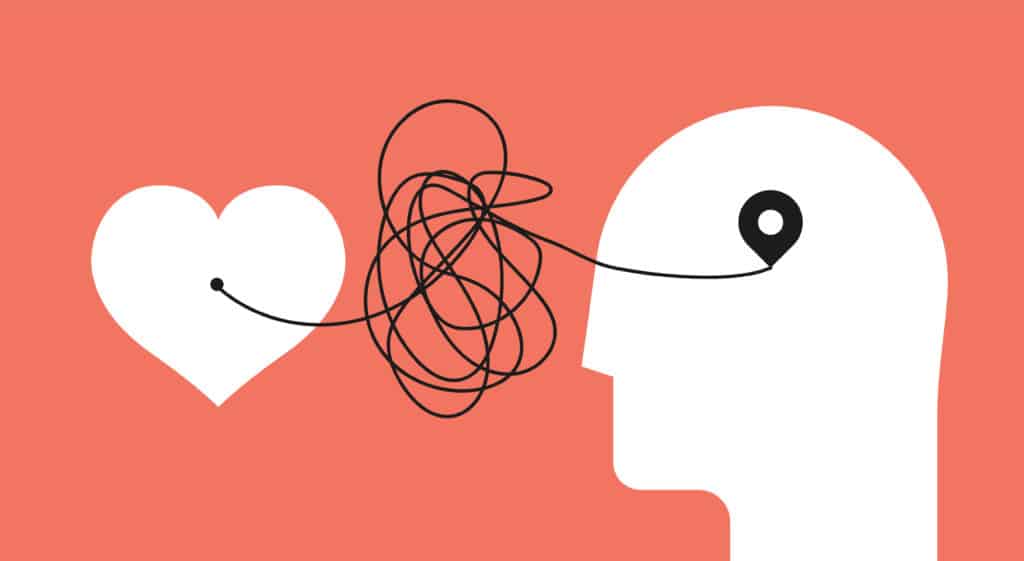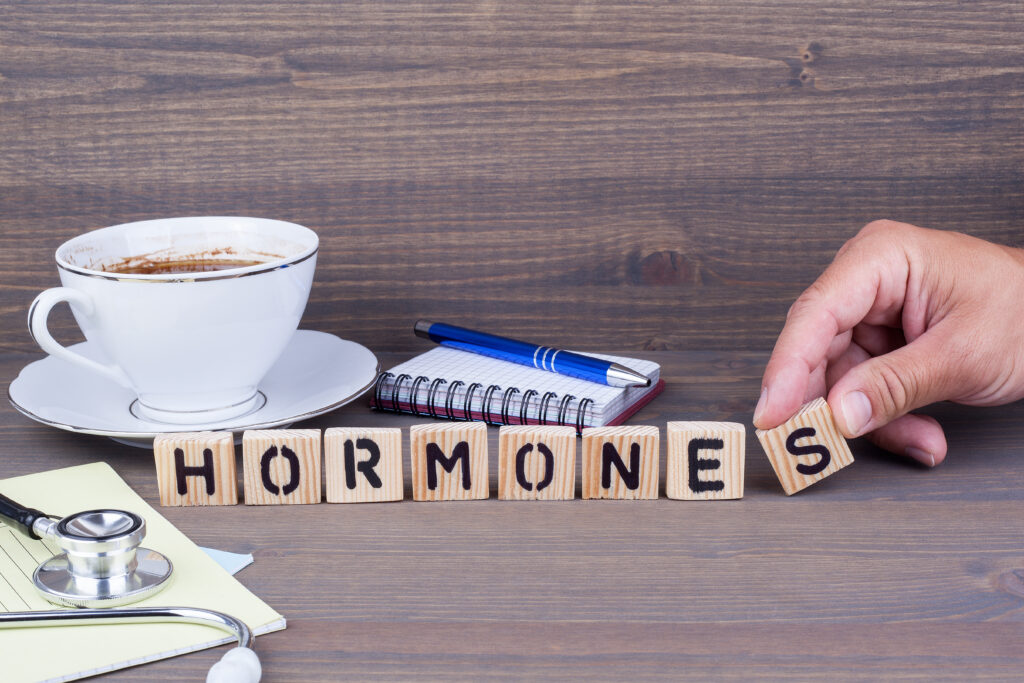Over the last ten years or so, controversy towards social media has become apparent, with more and more people no longer seeing the sites as bearers of harmless fun like they used to.
The fast progression and growth in popularity of social media has caused an influx of mental health issues largely surrounding self-image within not only young girls and women but individuals of all genders and ages. A participant in a recent study about limiting the time spent on social media, carried out by Harvard Medical School expressed “It is ironic, but perhaps not surprising, that reducing the time spent on social media, which promises us to help us connect with others, actually helps people feel less lonely and depressed.”
Depression, anxiety, low self-esteem issues, self-harm, eating disorders, and suicide are just a few of the negative repercussions that have been suspiciously on the uprise coinciding with the increase of social media use.
Instagram, which predominantly consists of photographs, makes its money through advertising impressions. Not only does the platform make money, but users on the app such as influencers and celebrities with high followings, can also make money through advertising. Mega Influencers and celebrities have been known to make as much as £1m for a single post. Instagram has been reported to be the most ‘triggering’ of all the social media sites.
Social media usage is not widely regulated and enables users within reason, to do and post, whatever they like. A user can deceive their audience with fake photos and content that they do not own, as well as content that contradicts their real life. Online, it is extremely easy to create the nuance of a perfect life by simply choosing to post content that you want people to see, not necessarily what is real.
This social media enabled behaviour is harmful because there are no limits of how far you can take it. The user does not face any social obstacles which would be apparent in the real world- if you do not live a certain lifestyle In real life, it would be resourcefully and logistically very hard to fake, whereas apart from Instagram’s rule about posting content that isn’t real, or doesn’t belong to you, (which there is really not much way of monitoring) it is very easy, if not a little too easy, for users to post whatever they want with little or no repercussions.
Although these situations could seem harmless, or like a good quick fix if it makes the person feel better, it is harmful for the user in the long run. This kind of activity can lead to depression, lower self-worth, loneliness, and an excessive need for approval- if your online persona is liked, admired, and complimented, it may drive impressionable people to prefer their online life and persona more than their real one- this is where social media addiction can start to develop.
Those who are especially vulnerable such as people who are young, lack social skills, lack friends or are reclusive in the real world are especially in danger of becoming addicted to social media. Research by The University of Wollongong reveals the ironic data that social media is only effective in tackling loneliness when it is used to enhance existing relationships or forge new meaningful connections, it is counterproductive if used as a substitute for real-life social interaction and can lead to severe loneliness, social anxiety, and overall poor mental health.
In turn, the user may then feel pressures to keep up with their appearance and spend time and money on ensuring the maintenance of an impressive Instagram feed. Users of this nature may also experience feelings of guilt which will further fuel the need of the quick pick-me-up which social media can provide, thus developing into a vicious cycle.
The main worry is the online safety of young people, especially women and girls who have been conditioned into prioritising their appearance and image. Studies have classified social media as a ‘risk factor’ for contributing towards the development of eating disorders originating from the body image dissatisfaction that comes from the constant comparison to others that social media platforms enable, also through the use of body image editing apps. This cycle results in people comparing themselves to a ‘perfect ideal’ of beauty or body image, that does not exist in the first place.
Popular photo sharing platform ‘Snapchat’ have several ‘fun’ filters that can be used on the face which notably make the nose smaller, eyes and lips bigger and the jaw more defined. Snapchat has been under scrutiny after cosmetic surgeons have seen a flood of young women requesting surgery to replicate how they look under the ‘Snapchat filter’. Face alteration filters contribute negatively towards distorted body image by once again creating the notion that the way you look with the filter is the perfect ideal, and the person underneath is ‘less than’.
The fast fashion industry is also partly to blame in the wider problem of self-image issues predominantly in women. The fashion industry typically had four clothing seasons per year; Autumn, Winter, Spring and Summer. Modern day fast fashion brands churn an astonishing 52 ‘micro seasons’ per year meaning they bring in new styles of clothing at least twice per week, instead of twice every six months.
Not only does fast fashion put garment workers in less developed countries in great danger as they are over worked, and underpaid and other environmental issues, it also causes an undeniable amount of harm to young consumers who feel the pressures to keep up with every latest trend, when there is a new trend every day. Shannon Whitehead, founder of Factory45, an online accelerator program for sustainable fashion companies says that “The fashion industry is purposefully designed to make you feel ‘out of trend’ after one week.”
In a survey conducted by the Pew Research Centre on the link between stress and social media, women reported being more stressed than men.
The use of social media was found to be a “significant contributor” of stress because it also increased people’s awareness of other people’s stress too. On social media, the user is constantly seeing the thoughts, feelings, moods and lives of hundreds of people all at once, within seconds of each other- something that would be impossible to experience in real life, so the brain can find it difficult to process these situations.
Is social media ever a good thing?
Social media is not always an online distraction or procrastination platform. While some may be addicted to their phones, some may consider social media a beneficial and easy way to stay in touch and informed. Major news outlets, corporations and persons of interest use social media to deliver messages to the masses.
Social media should always be viewed as a way of keeping in touch and informed- it should never be utilized to replace real life interaction or to the point where it effects one’s mental health or daily life. Like most things, moderation is key. It is not about fearing the internet and social media, but more about knowing the facts, protecting and educating young people and most importantly, prioritising and cherishing your real life, real relationships and real experiences.
Four social media tips to help you on your way:
- Take practical steps to monitor your time online, we all know it is a little too easy to keep scrolling and loose track of time. Device usage app ‘Moment’ tracks your time on social media and allows you to set daily limits; the app then notifies you if you exceed them.
- If you notice yourself going on social media a little more than you usually do, and start to see negative effects, delete social media apps from your phone. This does not delete your account; it just removes the app so the temptation of clicking at any given moment is no longer there.
- Keep yourself aware with frequent reminders that social media is not real life, and you do not have to live up any of the ideals, image, or lifestyles of what you see.
- Most importantly, everything lies within the content you choose to view: Only follow body confident and positive accounts that are not going to trigger unnecessary comparisons but will rather make you feel good, or boost your mood:
- Jameela Jamil (@jameelajamilofficial) Jameela is a social media activist and will provide you with constant reminders that you may need to not believe everything you see online, while promoting positive body image.
- Grace Woodward (@gracewoodward) is a fashion stylist and TV presenter who is also a body positive activist. She is known on instagram to post truthful and inspiring photos.
- Humans of New York (@humansofny) is an account dedicated to telling the stories of inspiring people around New York and has a big feel-good factor.
- National Geographic (@natgeo) will give you a fix of positivity and education to make the most of your scrolling.



